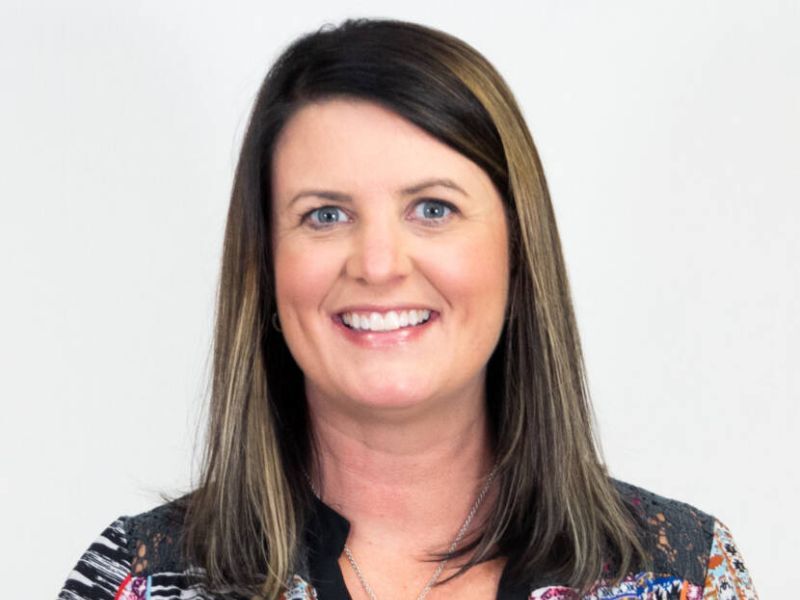Addiction is a brain-based disease. It changes the brain's neurological structure, which can impact how an individual acts and their decision-making process. Addiction affects the entire family unit, bringing chaos and instability to the whole family. At NorthLakes, we recognize the impact addiction has which is why our Recovery Program works with individuals struggling with substance use and family members affected by the addiction. Both are working on their recovery process and developing skills to decrease the risk of relapse during stressful situations.
Family members sometimes feel as though they should have been able to stop their loved one from using or that their loved one "chose" their drug of choice over them. While both are valid thoughts, it simply is not how addiction works. The individual isn't choosing drugs or alcohol over their family. The National Institute on Drug Abuse defines addiction as a chronic, relapsing disorder characterized by compulsive drug seeking and use despite adverse consequences. Individuals experiment with drugs and alcohol to change their feelings, curiosity or social pressure.
Our brain can experience pleasure from all aspects of life; activities, food, music, sports. Our brain signals pleasure through the release of dopamine which is typically a good thing. However, when an individual is experimenting with drugs or alcohol, they release a significant surge of dopamine than our body can produce. Over time the brain adapts to the effects of the substance, and dopamine has less impact (tolerance). Soon liking the drug decreases and wanting the drug increases. Individuals will ignore negative consequences for themselves and their families. They overlook the powerlessness that has occurred in their life to obtain their substance because it allows them to feel normal.
Any family member or individual who seeks treatment with our Recovery Program is given the message that they are no longer alone. Once part of our Recovery Program, you now have a team advocating and supporting you. We have therapists, community health workers, peer support specialists, psychiatry, and many more specialties striving to help remove barriers to care for those seeking recovery. We all acknowledge that recovery is hard and may take a few attempts until the individual finds their path. Recovery is a journey of healing the brain and the body.
We hear in the news and from others, "How do we stop drug use." The answer is not black and white. While prevention is not the answer, I believe it is a solid pairing for the treatment and services we have in place for our communities. We provide individual services, groups, and Medical Assisted Treatment. In Turtle Lake, we are currently learning a children's programs for children ages 6-18 with the hope that we can help children hear the message that they are not to blame. That instead, they can learn skills they need to be safe and resilient, problem-solving, finding safety, and seeking supportive services. Children learn to build on their strengths and develop resilience to overcome challenges. A portion of this program also helps parents learn how to understand better their children's needs and how to use supportive services for the entire family unit.
Recovery is possible. Prevention is possible. We need both in order for our communities to thrive.
If you are interested in learning more about our Recovery program, please visit our website, nlccwi.org. NorthLakes currently offers Recovery services in Ashland, Hayward, and Turtle Lake.
Brenda Baribeau is a Behavioral Health and Substance Use Disorder Therapist in our Turtle Lake Clinic.
-- Submitted by Brenda Baribeau, MA, LPC-IT, SAC-IT — NorthLakes Community Clinic
Last Update: Sep 08, 2023 2:28 pm CDT

















